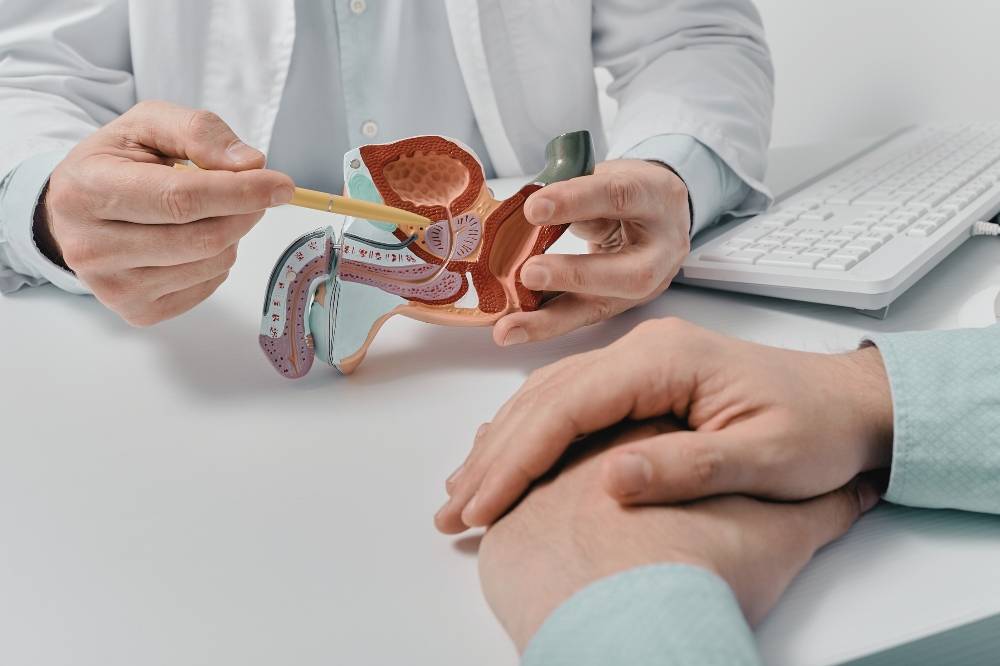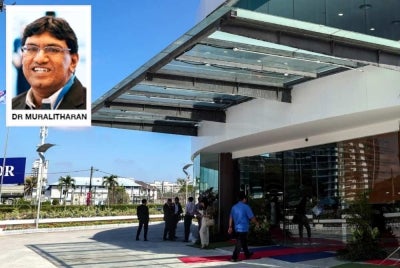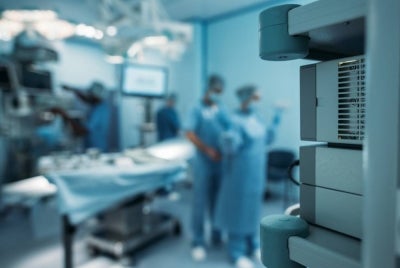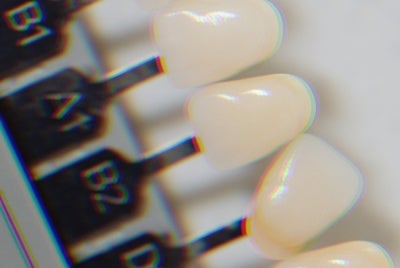Vasectomy reversal success rates range from 75 to 95 per cent
The urology team at UMMC, under the leadership of Dr Chai, has developed specialised services to tackle complex male reproductive health issues.

SHAH ALAM - Vasectomy reversal has a global success rate of 75 to 95 per cent in restoring sperm to semen, with outcomes varying based on different factors.
Universiti Malaya Medical Centre (UMMC) consultant urologist and andrologist Dr Chai Chu Ann said vasectomy reversal's success depends on several factors, including the time since the vasectomy was performed, the surgeon's skills and any additional fertility issues.
He also highlighted that the age of the patient, the female partner’s age and the couple’s overall medical history play a significant role in determining the chances of conception.
"While global statistics provide a strong baseline, Malaysia currently lacks comprehensive local data on vasectomy reversal outcomes.
"The success of vasectomy reversal is highest when performed within three years of the procedure.
"Over time, factors such as blockages in the epididymis, damage caused by scarring or the development of antibodies against sperm reduce the chances of success," he said in an interview with Sinar Daily.
Dr Chai advised couples considering a reversal to also evaluate the female partner's fertility, as factors such as age and ovarian reserve play a crucial role in the chances of natural conception.
He suggested that hormonal testing and ovarian reserve assessments could be valuable components of this evaluation.
"If natural conception is not achieved despite a successful reversal, couples can explore assisted reproductive technologies such as in vitro fertilization (IVF).
"Additionally, individuals undergoing vasectomy reversal may opt for surgical sperm retrieval (SSR) during the same procedure.
"This approach allows sperm to be stored for potential IVF use later, providing another pathway to parenthood," he added.
Dr Chai also highlighted Malaysia's significant strides in the field of microsurgery, particularly in urban areas like Kuala Lumpur.
He said UM has been a leader in advancing microsurgical techniques, especially in the areas of men's health and infertility.
The urology team at UMMC, under the leadership of Dr Chai, has developed specialised services to tackle complex male reproductive health issues.
Their expertise encompasses advanced procedures such as Microdissection Testicular Sperm Extraction (MicroTESE), vasectomy reversal and microsurgical varicocelectomy, all of which have played a key role in enhancing Malaysia's capabilities in treating male infertility.
Download Sinar Daily application.Click Here!















